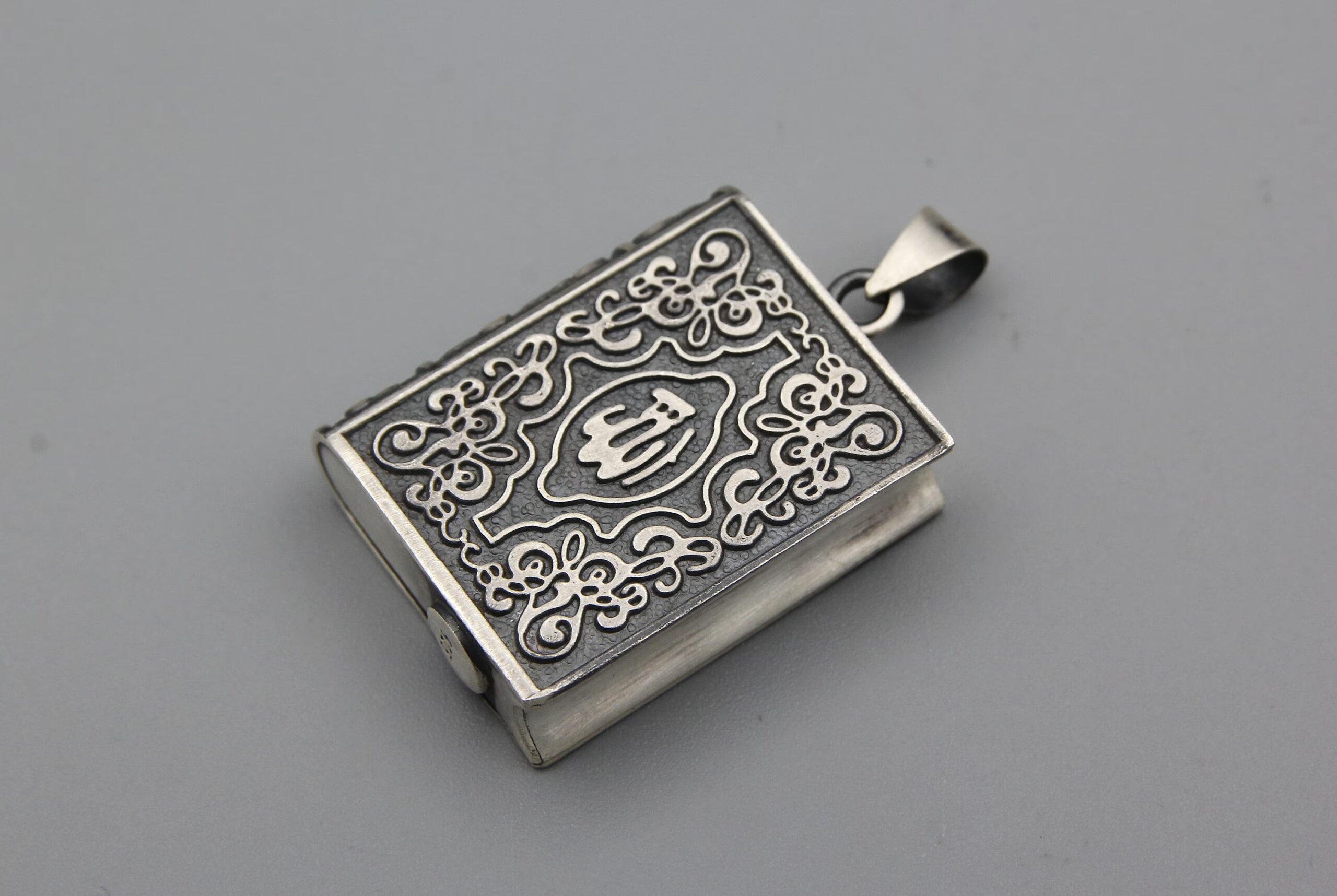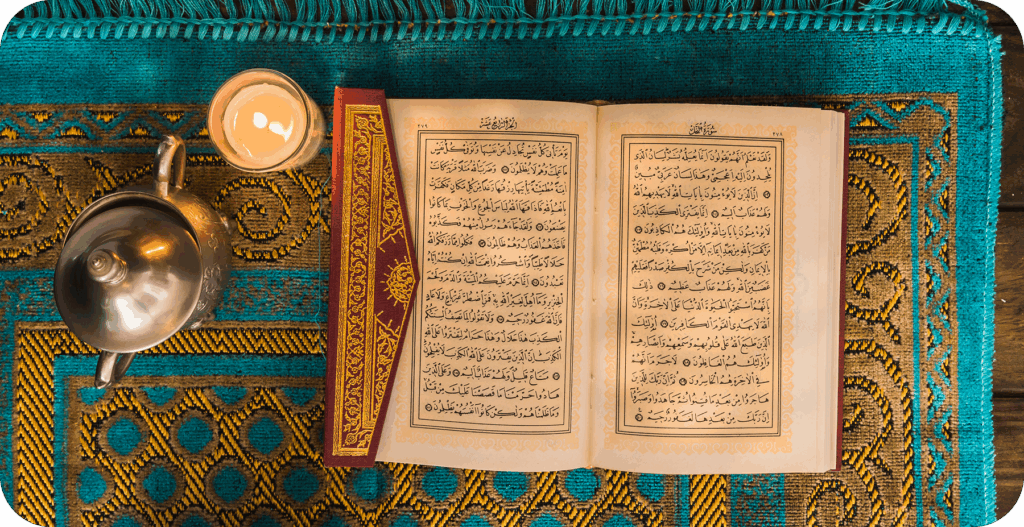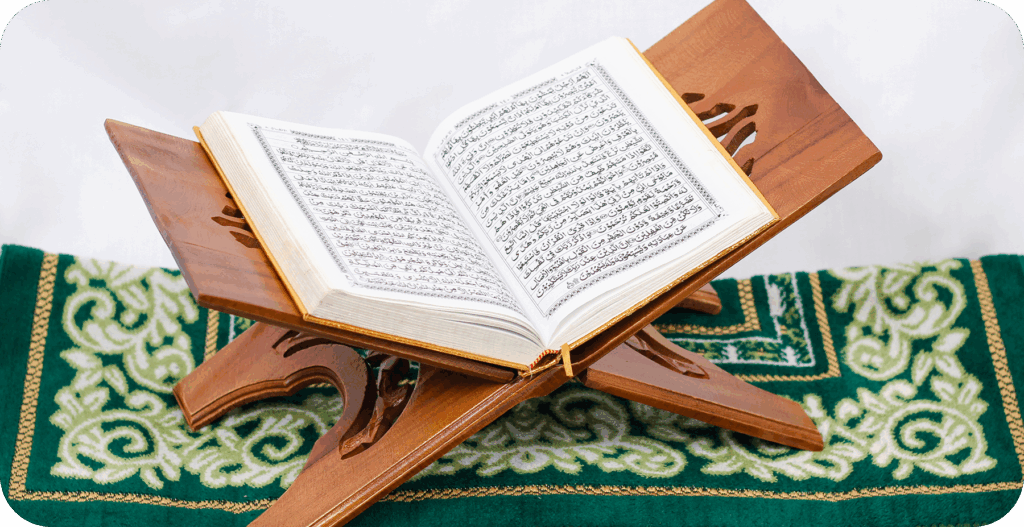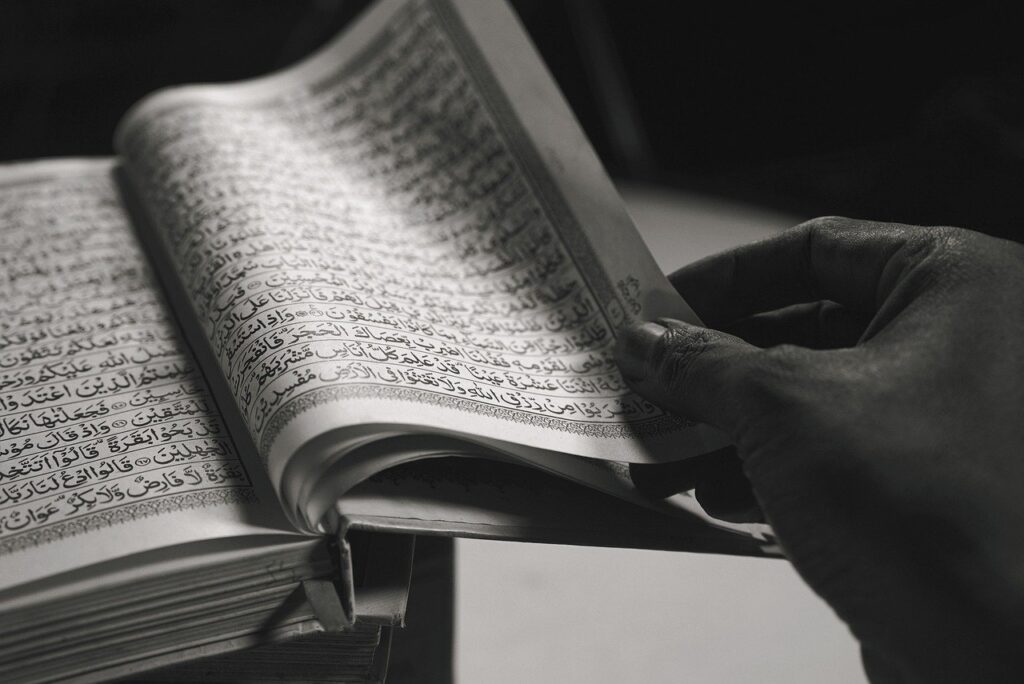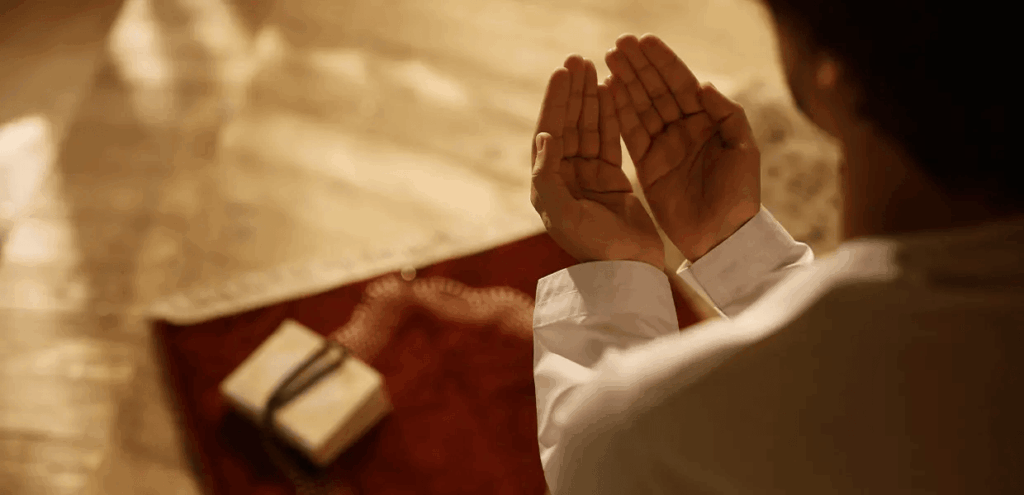Many Muslims are uncertain about taweez in Islam (amulets), whether they are allowed, when they cross into impermissibility, and how to use them without violating tawheed. Because it deals with spiritual matters and protection, it is a sensitive topic.
In this post, we will cover:
- Definition of taweez and differences between lawful and unlawful forms
- Criteria for a valid taweez under Shariah
- Situations when a taweez may be used (if permissible)
- How to obtain a genuine taweez and avoid fraud
- How to read, carry, care, and renew a taweez
- Examples and stories of misuse and warnings
Throughout, we will refer to Qur’anic verses, hadith, and scholarly positions to maintain accuracy and balance.
What Is a Taweez In Islam? Definition & Basic Understanding
- A taweez (تعويذ, also spelt tawiz, taʿwīdh) commonly means an amulet or written supplication, worn or carried for protection, healing, or blessing.
- In practice, many taweez are small pieces of paper, leather, metal, or cloth with verses of the Qur’an, duʿāʾ, names of Allah, or sometimes symbols, numbers, or other unknown words.
- The central concern is: Does the taweez rely solely on Allah, or does it claim power for itself? If a person thinks the amulet itself (rather than Allah) protects, that is problematic.
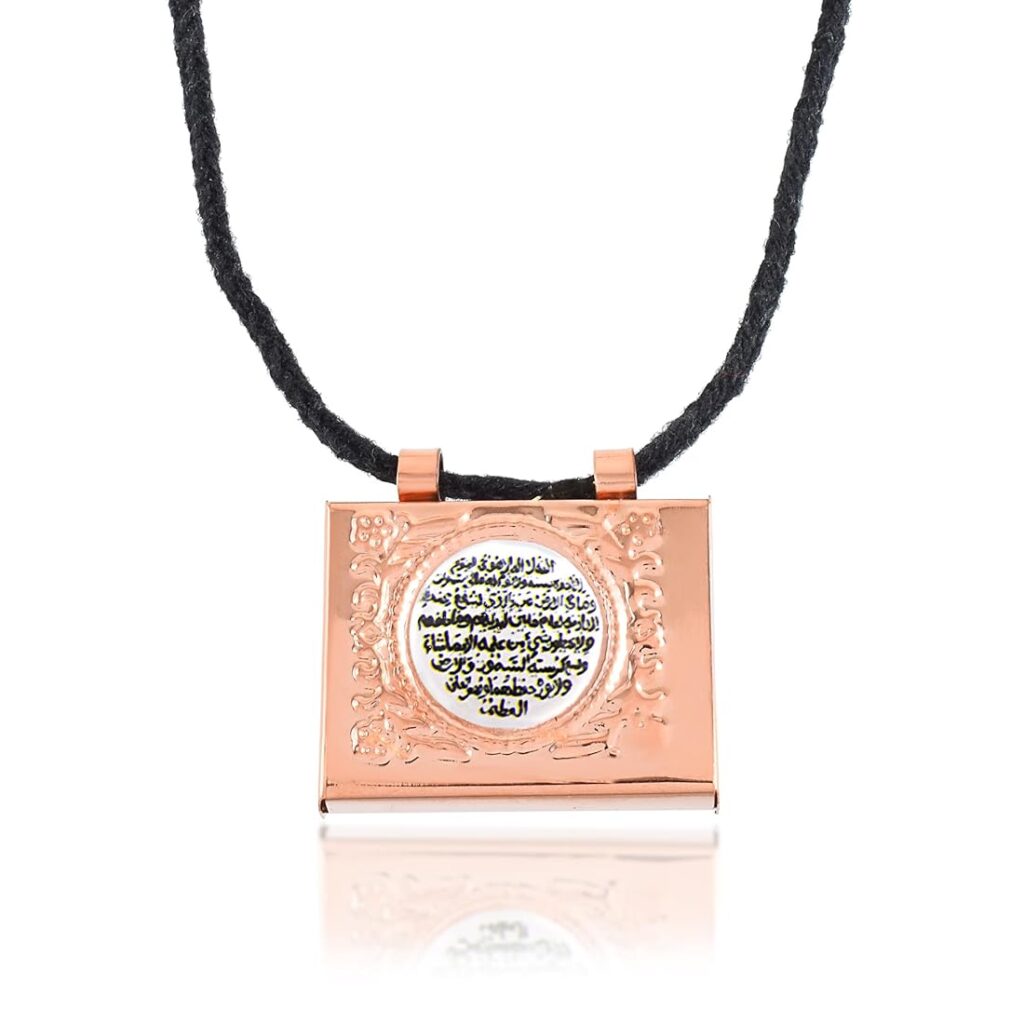
Some scholars even define taweez broadly — anything hung for protection (e.g., around the neck, inside the house). So the term overlaps with amulet, tamīmah, etc.
Evidence & Warnings from Qur’an & Hadith

1. General principle: Only Allah controls benefit and harm
Allah says:
“Say, ‘I do not hold for myself [the power of] benefit or harm, except what Allah has willed.’” (Qur’an 7:188)
This verse reminds us that benefit or harm never comes from things in and of themselves, except by Allah’s leave.
2. Hadith condemning amulets / taweez in Islam
- Uqbah ibn ‘Amir reports the Prophet ﷺ said:
“The Messenger of Allah, peace and blessings be upon him, received a group of men and he accepted the pledge of nine of them, while he refrained from one. They said, “O Messenger of Allah, you accepted the pledge of nine men and left this one out?” The Prophet said, “Verily, there is an amulet upon him.” The man took it in his hand and cut it, then the Prophet accepted his pledge and he said, “Whoever hangs an amulet around his neck has committed an act of idolatry.”
(Musnad Aḥmad 17388)
- Several scholars conclude from hadith that amulets containing words not from the Qur’an or known supplications, or those involving unknown symbols, fall into the category of shirk (associating partners with Allah).
- Some hadith traditions state that incantations, amulets, and love spells are among the practices of shirk when misused.
- Ibn Mas‘ud is reported to have disapproved of hanging anything from the Qur’an around the neck.
Thus, the texts clearly caution against using taweez in ways that elevate them above mere signs or reminders.
Scholarly Positions & Differences
Because of the textual evidence and the sensitivity involved, scholars have differed. Broadly, there are two main approaches:
Position A: Prohibition or strong caution
- Many scholars argue that Islam disallows all taweezes because of the generality of the hadith condemning amulets and incantations. They see that allowing any taweez opens the door to superstition and shirk.
- They argue that even when someone includes Qur’anic verses, the default ruling prohibits taweez unless clear evidence permits that specific case.
- Some hold that the Prophet ﷺ never wore a taweez, and there is no solid hadith showing him doing so. Thus, they say we should avoid all amulets.
Position B: Conditional permissibility
- Other scholars, especially in the Hanafi school and among certain classical jurists, permit taweez when people fulfill strict conditions.
- For instance, a taweez remains permissible only if it contains Qur’anic verses, names of Allah, or authentic duʿāʾ; if the bearer understands its language; if the person relies solely on Allah rather than the taweez itself; and if it avoids any element of disbelief or unknown invocation.
- In Hanafi Fiqh (Daruliftaa), scholars say amulets are permissible with conditions:
“Hanging or wearing of amulets (ta’wiz) is normally permissible for protection or healing, provided certain conditions are met:
- They consist of the names of Allah Almighty or His attributes;
- They are in Arabic.
- They do not consist of anything that is disbelief (kufr);
- The user does not believe the words have any effect in themselves, but that effect is by Allah.”
- They consist of the names of Allah Almighty or His attributes;
- In Hanafi Fiqh (Daruliftaa), scholars say amulets are permissible with conditions:
- Some jurists allow writing Qur’an verses and placing them in water for drinking, calling it ruqyah, not necessarily a taweez.
Thus, safer practice, according to many, is to rely on ruqyah (recitation) rather than physical amulets or restrict amulets strictly.
Criteria for a Valid (Permissible) Taweez In Islam
Scholars who hold the more lenient view (with caution) often give the following criteria:
- Contains only Qur’anic verses, names of Allah, or authentic duʿāʾ (no unknown or invented words, no invocation of jinn or spirits).
- Written in a language understood by the user (so that one knows what one is carrying).
- No symbols, numbers, diagrams, boxes, cryptic signs — these often belong to occult or magical use.
- Belief must be correct: the user must know that the taweez itself does not have independent power; it is Allah who grants benefit/harm.
- Pure materials: the taweez in islam should not be on impure or prohibited substances.
- Kept in respect: not placed in unclean places, not used wrongly, not worn in disbelief.
- Renew & check regularly: ensure the taweez continues to meet conditions, and that the person’s belief is sound.
If anyone violates these conditions, scholars argue that the taweez becomes impermissible and may even lead to shirk.
Situations Where a Taweez In Islam May Be Used (According to Permissive Opinions)
- Protection: against the evil eye (ʿayn), envy, harm.
- Health/healing: for someone physically weak or ill, when they cannot recite or memorize necessary supplications.
- Difficulties: for relief in hardship, anxiety, or spiritual distress.
- Children / the elderly: some scholars permit it for those unable to memorize protective duʿāʾ.
However, even in these cases, the preference is to use ruqyah (recitation) as the primary method. The taweez should only assist, not replace recitation and trust in Allah.
How to Obtain a Genuine Taweez & Avoid Fraud
Because taweezes are subject to abuse, many people fall prey to fraudulent practices. Here’s how to protect yourself:
- Use only reputable, known scholars or institutes that follow the Quran & Sunnah strictly.
- Ask to see the text (verses or duʿāʾ) and confirm it matches known authentic supplications.
- Avoid secretive sellers who refuse to show what’s inside.
- Check for suspicious signs: mix of symbols, cryptic letters, invocation of jinn names, inverted scripts, random numbers.
- Get a second scholarly opinion before using.
- Avoid exaggerated claims: do not accept someone claiming guaranteed outcomes or that taweez itself has magical powers.
- Ensure purity: materials used should be halal, papers shouldn’t come soaked with substances or hidden inks.
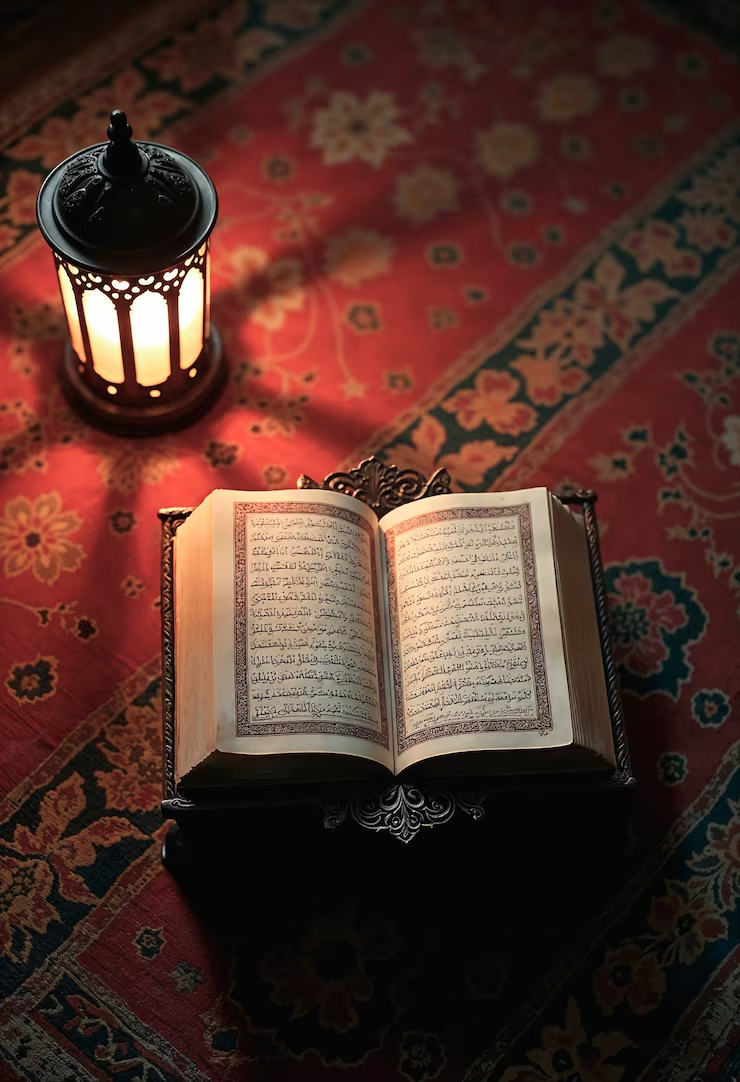
How to Read, Carry, Care & Renew a Taweez In Islam
A Muslim must use even a permissible taweez with care:
- How to read/activate: A person often reads the taweez, makes supplication over it, or recites some duʿāʾalways believing in Allah’s power, not in the amulet itself.
- Carrying it: It may be worn (neck, wrist) or kept in clothing or a pocket, but ensure it’s treated with respect and not placed among trash or unclean places.
- Care/cleanliness: Keep it in a clean protective cover, avoid water damage, moths, and insects.
- Renewal/review: Periodically re-examine belief, check that conditions (e.g., correct text, no alterations) are still valid, and discard if anything doubtful arises (by burning or burying respectfully).
- When to remove: If the taweez is causing doubts, showing signs of damage or impurity, or if the person’s belief is shifting, remove it.
Misuse & Warnings: Stories & Indicators
Examples of Misuse
- A taweez that includes unknown names, spirits, or jinn invocation — people believing the object itself will protect, neglecting Allah.
- Taweezes sold for exorbitant prices with claims of guaranteed results (e.g., “this will force someone to love you”) — fraudulent, likely shirk.
- Commercial shops printing random symbols, stars, numbers in foreign scripts without clear meaning — such taweezes are clearly prohibited.
- People treat taweez as a talisman of luck, putting it into cars, wallets, and houses in superstitious ways.
Indicators that a Taweez Has Become Prohibited
- If the person begins to depend on the taweez and distrusts Allah’s power.
- If shirk or invoking other than Allah becomes part of its use.
- If it contains unknown or suspicious wording or symbols not from the Qur’an or Sunnah.
- If the taweez is respected more than the Qur’an, or is conducted in secret rituals.
- If the one who made it doesn’t follow its own advice or demands heavy payment.
Warning: many scholars caution that even permissible taweezes are better avoided due to the risk of entering prohibited territory (a principle known as sadd al-dharaʾiʿ, blocking means).
Comparative Emphasis: Ruqyah vs. Taweez
- Ruqyah is the recitation of Qur’anic verses and authentic supplications orally. It is widely accepted and less controversial.
- Taweez (physical objects) add a layer of complexity: risk of shirk, superstition, and fraud.
- Many scholars say: when in doubt, stick to ruqyah.
- Some practices of taweez (writing verses into water and then drinking) are considered by some scholars to be a form of ruqyah, rather than a forbidden amulet.
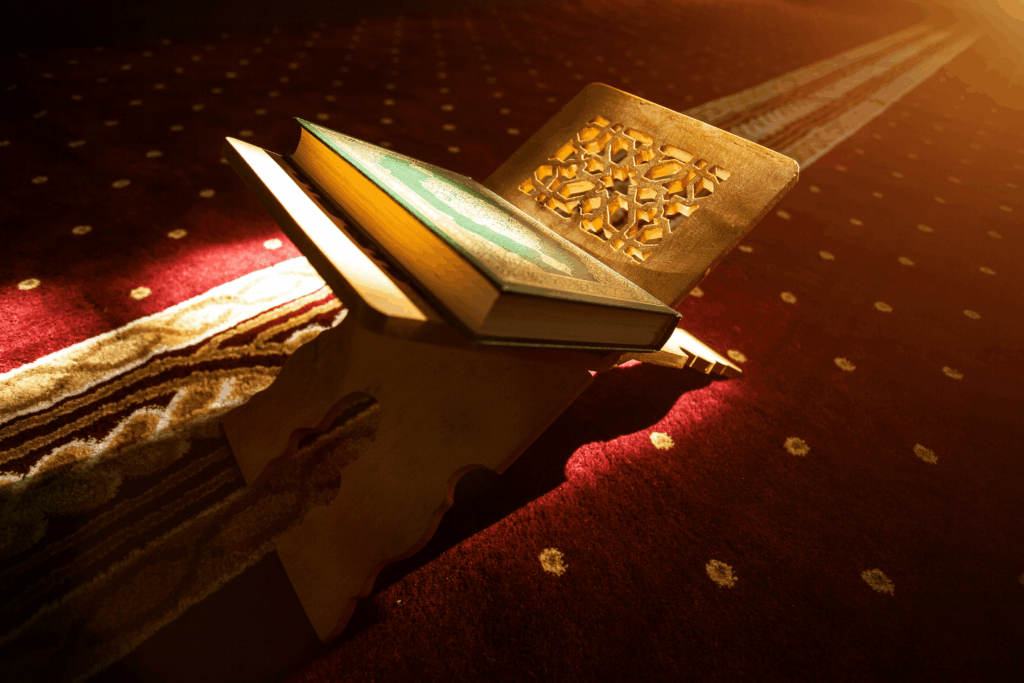
Conclusion
Taweez (amulets) is one of the most debated topics in Islamic practice. On one side, we have strong hadith warnings against charm-based amulets and incantations, and on the other side, qualified scholarly opinions that permit it under stringent conditions.
If someone chooses to use a taweez:
- Ensure it contains only Qur’anic verses, names of Allah, or authentic duʿāʾ
- Avoid any element of shirk, unknown symbols, or invocation of spirits
- Maintain the belief that Allah is the only One Who grants benefit and protection
- Use it properly — carry it respectfully, renew it, verify its contents
- Avoid commercial, fraudulent, exaggerated claims
Even so, the safest, least controversial, and most universally accepted method remains ruqyah through recitation, supplication, and reliance on Allah.When dealing with such sensitive matters, always rely on trustworthy scholars for your particular madhhab (school) and context. May Allah protect us from error, preserve our tawheed, and accept our efforts in sincerity.
While taweez in Islam should always be approached with caution and only within the limits of Qur’an and Sunnah, Muslims are also encouraged to turn to authentic practices that strengthen their faith and connection with Allah. One of the most powerful ways is through Qur’anic supplications and prophetic duas that bring protection, healing, and peace. To access a collection of authentic Islamic supplications, visit our page on Rohani Wazaif.

